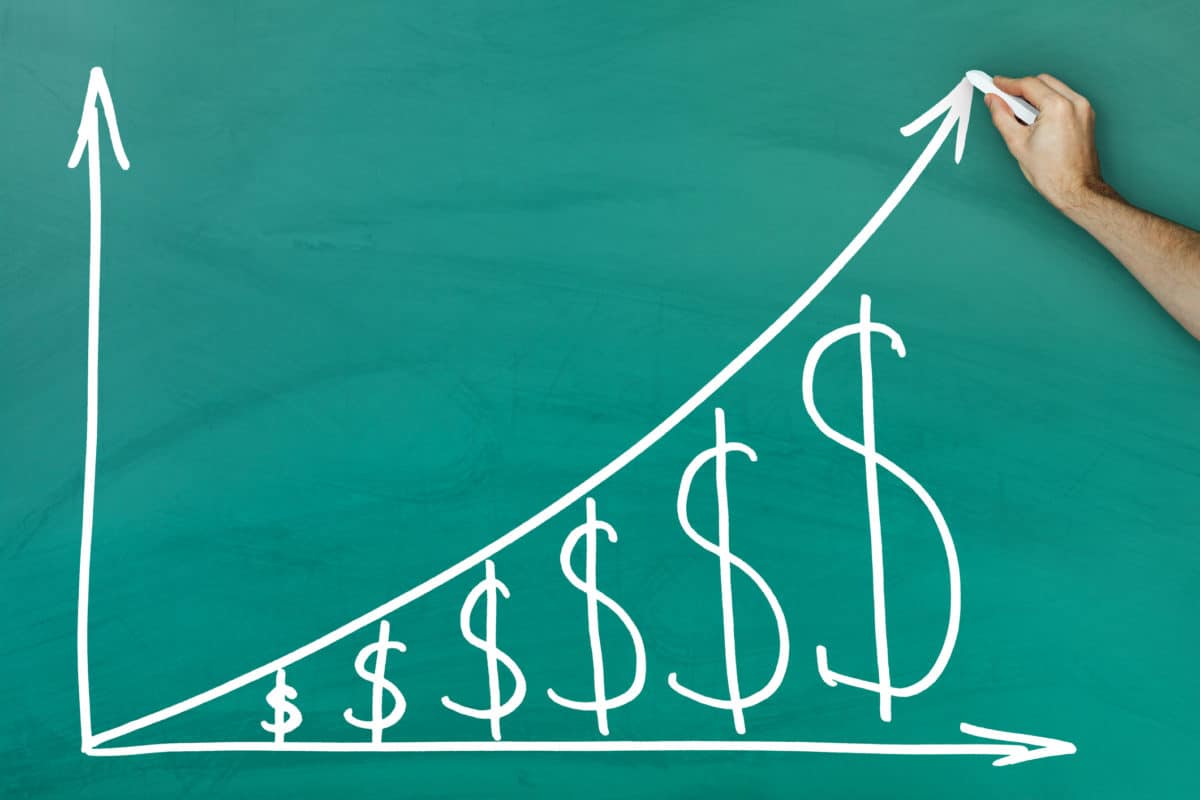Dividend investing is a tried-and-true way to generate income if you have money but prefer minimal effort. This passive-income strategy can build wealth or a considerable nest egg if done over a longer time frame. However, it would help to exercise caution when choosing stocks and dividend offers.
High yields are only sometimes excellent or suitable investments because the risk-return trade-off principle also applies in the stock market. It means that the higher the yield, the higher the risk and vice-versa. But how high should a dividend yield be? The answer depends on your risk tolerance.
Enticing investing
Wall Financial (TSX:WFC) appeals to income investors for its over-the-top dividend yield. The $628.2 million real estate investment and development company invests in residential (single and multi-family housing) and commercial income-producing properties and then manages or sells them. Its activities are mainly in Metro Vancouver and the Lower Mainland.
If you invest today, the share price is $19.41, while the dividend yield is an eye-popping 15.46%. Assuming you buy 500 shares, your $9,750 investment transforms into annual earnings of $1,500.39, or $375.10 quarterly, with no sweat.
Bank of Nova Scotia (TSX:BNS) pays the highest dividend among the Big Six banks, but its 6.67% yield pales compared to Wall Financial. Despite the wide disparity, conservative and risk-averse investors will say large-cap stocks are safer investment options than small-cap stocks.
Still, Wall Financial isn’t entirely a losing proposition if the primary consideration is performance. In 2023, amid inflationary pressures and massive headwinds, the stock outperformed the big bank stocks and the TSX. WFC delivered a 64.5% total return.
The momentum has carried over in 2024. As of January 10, 2024, the year-to-date gain is 2.43% versus the TSX’s 0.15%. Moreover, over six decades of corporate existence lends confidence to invest in the stock. Besides the mixed-use residential and commercial properties, the portfolio includes preserved heritage buildings.
Financial results
In the third quarter (Q3) of fiscal 2024 (three months ending October 31, 2023), total revenue increased 8.2% to $123.17 million versus Q3 fiscal 2023. However, net earnings declined 53.4% year over year to $21.68 million. Management said the drop was primarily due to a gain on the sale of an investment property in the prior period ($30.3 million) offset by an overall increase in earnings from operations.
Other notable business highlights during the quarter were increased revenue and income from the rental apartment operations, lower vacancy rates, and higher rental rates on increased tenant turnover. The company also notes higher earnings from hotel operations due to higher occupancy and average daily rates.
Might be a dividend trap
Market experts warn against buying stocks solely on dividend yield. Some companies with outrageous yields readjust payouts or implement dividend cuts due to declining earnings or financial struggles.
Wall Financial is hard to resist, but it’s advisable to wait for the Q4 and full fiscal 2024 financial results before investing. The stock could be a dividend trap in the making and not a buying opportunity if earnings can’t cover or sustain the very hefty dividend yield.









